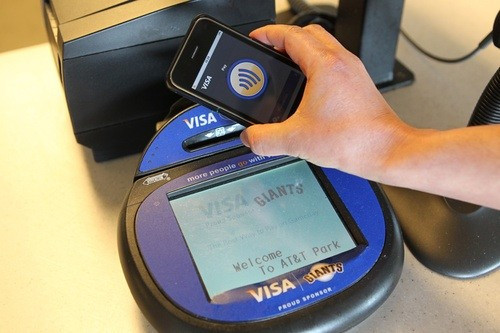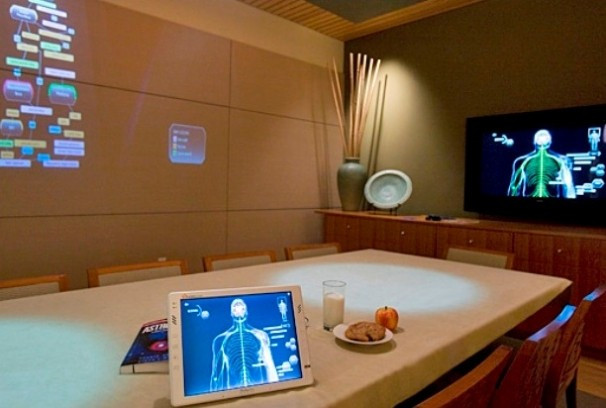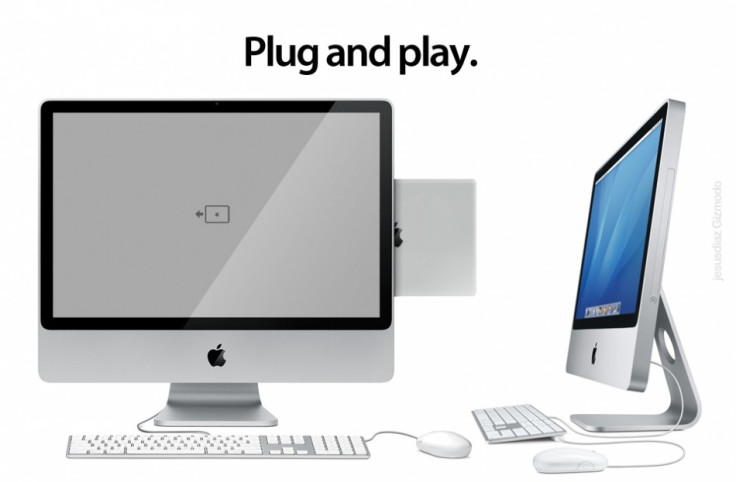The Cashless Society: What Gadgets Will We Be Using in 2021?
With 2011 drawing to a close we at the International Business Times UK aren't just looking forward to the tech 2012 has to bring, but we're most excited for the technology we'll all be buying in 2021.
Ten years is a huge amount of time in the technology world - just look what has happened in the last ten years; the birth of the iPod gave way to a quantum leap forward in personal media consumption, the iPhone and Android revolutionised mobile phones, turning them from telephones to pocket computers.
Say Goodbye to Cash

In ten years' time we think cash will be going the way cheques are today as near field communication (NFC) in smartphones and credit cards will make paying with notes and coins a think of the past. NFC is the same technology used in London's Oyster travel card and it has started to appear in selected smartphones. Google Wallet is an application that takes advantage of NFC and we imagine that the number of chips in smartphones and applications like Wallet will increase dramatically over the next decade.
But it doesn't have stop at smartphones...NFC is already being used in wristwatches in Hong Kong, where commuters can pass through train station barriers by touching their watch - or phone - against a terminal.
The iHouse
Home automation has been around for some years now, providing systems that can electronically open and close curtains, adjusting lighting depending on who is home and serving up films and music to every room. But smartphones and tablets of the future will take home automation a step further and become the control units for every aspect of our homes. Google has recently suggested that it will incorporate home automation with Android and we're certainly excited at the prospect of controlling curtains, lighting, heating, burglar alarms and more from our smartphones and tablets.

Add to this high-tech security systems that can be monitored on our phones from anywhere in the world and of course the ability to stream all of our multimedia content from a central server - or maybe even the cloud - to any television, tablet or speaker system in the house, and the iHouse could be an exciting place to live.
Just two devices to rule them all
The tech-savvy amongst us carry around a whole range of devices; smartphones, tablets, eBook readers, laptops, netbooks and portable games consoles to name a few; but in 2021 we think that these will all be replaced by just two things - a smartphone and a super-powerful tablet.

A tablet of the future could even replace most mid-range personal computers by incorporating a docking system for use at home that would provide a large screen, speakers, and everything else that's usually plugged into a desktop.
Radical thinking, for sure, but the way mobile devices are becoming more powerful seemingly by the day, give it ten years and they'll be serious desktop rivals.
A battery revolution
If our smartphones and tablets are going to be super-powerful then there needs to be a dramatic increase in battery capacity. While processors have got faster and more powerful, battery development has struggled to keep pace. Gone are the days when a mobile phone would last a week on a single charge and now we're just thankful that our iPhone can last a single day without dying.
If we're honest, we don't really mind charging up every night, but battery technology will simply have to keep pace with other developments or the current rate of processor and graphical development will be hindered.
While technology will continue to get faster, more powerful and cheaper, more importantly it will be interesting to see how technology changes our lives - will social networks affect our real-world friendships? And will implementing more technology in schools change the way we educate? We're as excited as everyone else to find out the answers to these questions, among many others.
© Copyright IBTimes 2025. All rights reserved.






















